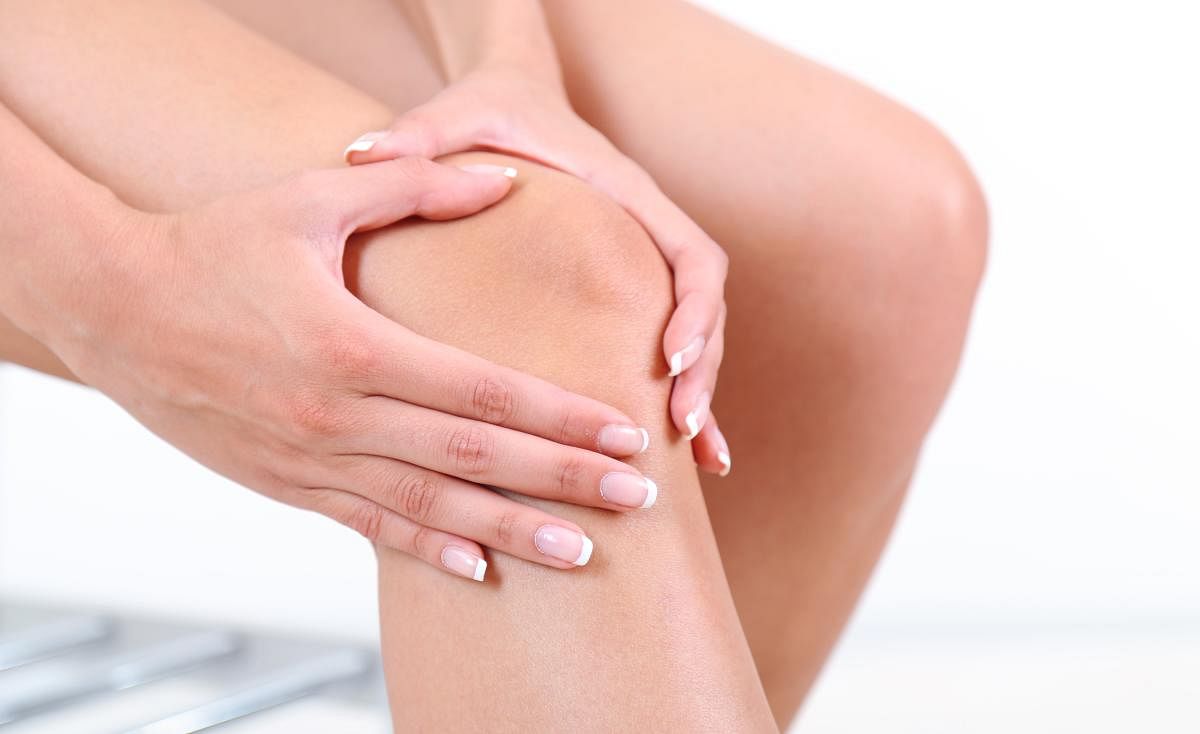
As we age, our bodies increasingly display signs of wear and tear. Be it eyes, internal organs, joints or bones, the ageing process affects everyone. However, when it comes to bone loss, it is women who are at a higher risk. Doctors say a series of biological factors such as accelerated bone loss after menopause makes women more prone to osteoporosis — a condition of weak bones that causes fractures and disability in old age.
Bone mass or density is lost as we age, this happens in both men and women but is aggravated in women after menopause. Bones lose calcium, Vitamin D and other minerals and start losing their density. In extreme cases, they become abnormally porous and fragile and susceptible to fractures. In women oestrogen (a hormone) is important in maintaining bone density. When oestrogen levels drop after menopause, the loss of bone density accelerates.
Arrest the onset
Apart from age, the onset of osteoporosis is associated with a series of risk factors including poor nutrition and diet, low calcium and Vitamin D levels, smoking, drinking, and loss of menstrual period in young women also known as amenorrhoea. Women start with lower bone density than their male peers and lose bone mass more quickly as they age.
Peak bone mass is achieved by the age of 30. Women must, therefore, be cautious about their bone health right from a young age. The bad news is that osteoporosis could be present in the human body without any symptoms for decades. Moreover, some osteoporosis fractures may escape detection for years. Hence, the patients may not be aware of their osteoporosis problem until they suffer a painful fracture.
Depending on the location of fracture, the symptoms differ but the usual symptom is pain and disability.
Prevention
Prevention is better than cure and it holds true for osteoporosis. Start working with your bones when they are still young.
Eat calcium-rich foods such as dairy products, legumes and lentils.
Ensure adequate exposure to the sun for Vitamin D.
Get a routine bone density check-up after the age of 35.
Exercise daily to strengthen bones.
Quit smoking and alcohol.
(The author is consultant orthopaedics, bone & joint surgery, Fortis Hospital, Bengaluru)